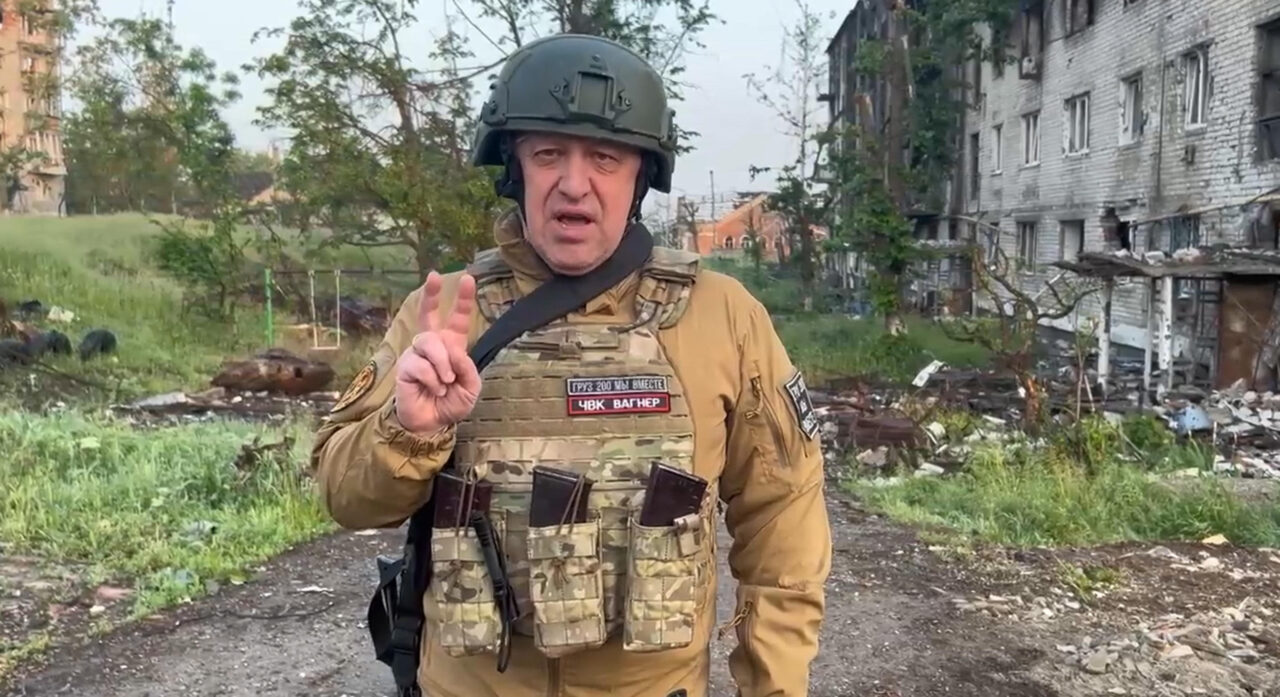Prigozhin uprising: Beijing's fears of instability in Moscow
Even on Chinese social networks today, everyone is talking about what is happening in Russia, as official media reported the news as "anti-terrorism" mobilization. A crisis that fuels the dangers of disintegration in Russia is Xi Jinping's worst nightmare. Putin phoned Kazakh President Tokaev, who responded to him by calling what is happening "an internal Russian natter."
Beijing (AsiaNews/Agencies) - No official stance, as is obvious in a still convulsive situation. But news coming out of Moscow and Rostov-on-Don regarding the Wagner Group mutiny is also being closely followed in China.
On news sites, controlled by the Chinese government, there are reports of Putin's televised speech this morning and the "anti-terrorism measures" taken in Moscow, amid news of the heat wave hitting Beijing and photographs from across China of the Dragon Boat Festival.
Meanwhile, even on Chinese social networks, Russia and Prigozhin have jumped to the top of the trending topics. And there is no shortage of all-Eastern readings, such as those of netizens on Weibo who compared Prigozhin's move to the (failed) uprising of February 26, 1936 in Japan, when military sectors tried to settle scores with rival factions to the cry of "let's kick out the traitors."
The palaces of power in Beijing are silent for now, but it is not hard to imagine that the scenario materializing in these hours is the worst from President Xi Jinping's point of view. Under the blanket of "limitless friendship" between China and Russia, ever since the Russian invasion of Ukraine, Beijing's main concern has been the assertion of the principle of "territorial integrity" of the territories involved.
This concern looks very much at internal tensions within the People's Republic of China, starting with the issue of Xinjiang independence. Conversely, the prospect of a clash between Russian militias could further weaken Moscow's hold, fueling the disintegration movements already present in many outlying regions.
Not to mention the possible economic repercussions of a possible unstable situation, in an environment already severely weakened by the conflict in Ukraine and Western sanctions, and the repercussions of a possible Russian meltdown in the Pacific Rim as well.
As for relations with Prigozhin in Beijing a few weeks ago, skepticism about Chinese diplomatic initiatives was certainly not missed in statements a few weeks ago by the Wagner commander.
"There is an optimistic scenario that I don't believe much in," he had said on May 25, "that Europe and America will tire of the Ukrainian conflict and China will bring everyone to the negotiating table. We would agree that everything we have already conquered is ours, and everything else is not ours."
"This scenario is unlikely to be possible," he had added, judging Ukrainian counteroffensive and even "some success of its own" far more likely.
Also intertwined with the Chinese chessboard are the possible repercussions on Central Asia of a possible crisis in Moscow. It is no coincidence that one of the first phone calls Putin made this morning was to Kazakhstan's President Kassym-Jomart Tokaev, the most reticent ally in recent times in the former Soviet area, who has long been trying to juggle Moscow, Beijing, and the West.
To Putin's apparent call for firming up the ranks Tokaev replied that "what is happening is an internal Russian matter."
06/05/2023 22:21
11/05/2023 09:37
08/01/2022 11:15
22/06/2022 10:07
11/11/2021 10:22







.png)










